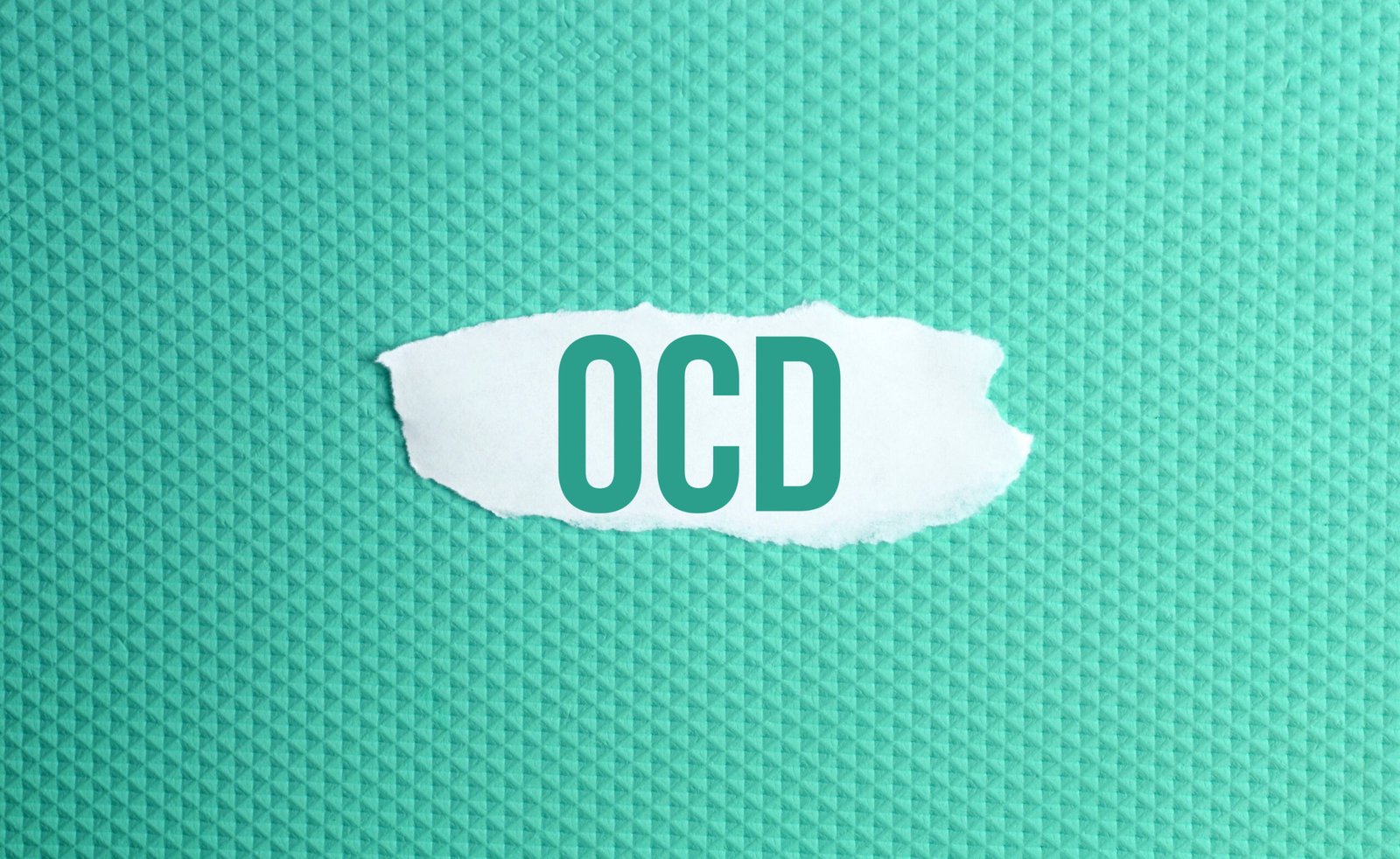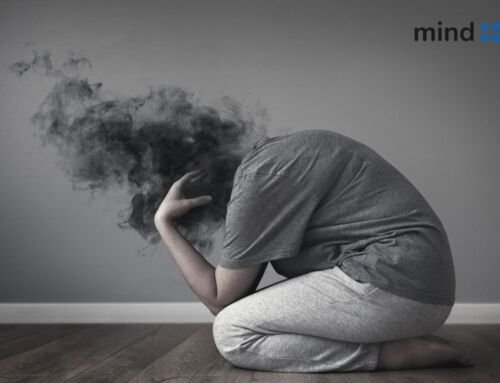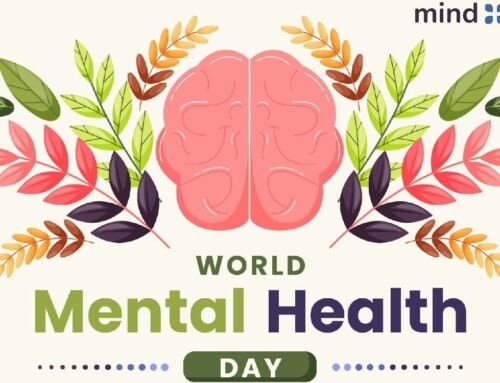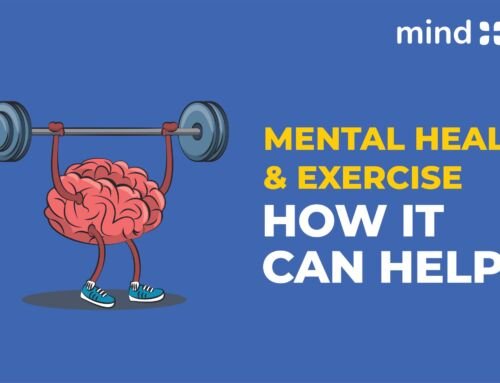How to treat someone if he/she suffering from OCD
By Ashima Gupta, Psychologist
The mental health condition known as obsessive-compulsive disorder (OCD) is characterized by unwanted, upsetting thoughts or urges (obsessions) and repetitive mental or physical behaviours that a person feels compelled to perform (compulsions). OCD patients’ condition can have an impact on others close to them, including friends and family. Support and compassion from loved ones might be helpful.

What details regarding this ailment do I need to know?
Obsessions, compulsions or both may be experienced by someone with OCD. The person may attempt to suppress their obsessions or stop them altogether by engaging in a compulsion, such as a ritual. You may think that compulsive behaviours are excessive or illogical. Your loved one may believe that giving in to compulsions will ease or even eliminate their discomfort, but this is not how compulsions work.
Some of the common examples of obsessions include:
- The fear of being contaminated by garbage, toxic chemicals, or pathogens.
- Fear that one will do something wrong.
- Feelings or thoughts of violence or sexual thoughts towards others.
- The need for precision or symmetry.
Common examples of compulsive behaviours include:
- Excessive hand-washing or bathing out of concern for contamination.
- Constantly checking to see if chores have been completed, such as checking to see if a door is locked.
- Repeating an action or word until it feels natural, sometimes for a certain number of times.
- Rearranging items to keep them in a particular order.
Treatments available for OCD include:
- Exposure and response prevention therapy. This therapy aims to identify and lessen obsessive habits. It entails exposing under the supervision of a mental health professional to things or circumstances that serve as “triggers” for their obsessions before prohibiting them from engaging in compulsions.
- This is thought to be the most successful OCD treatment.
- CBT is a form of therapy (CBT). Through this kind of therapy, a person learns to recognise the irrational thoughts that are connected to their obsessions and how to replace them.
- Anti-depressants. The use of medicine in conjunction with therapy increases its efficacy.
- Techniques for calming oneself, such as yoga, meditation, or relaxation techniques.
How can I help my loved ones?
Discuss the condition.
- Enquire about your loved one’s experiences with obsessions and the goals behind their compulsions. Make an effort to comprehend your loved one’s situation.
- Keep in mind that OCD is a mental health issue, not a negative quality. Your loved one won’t immediately change or change just because you ask them to.
- When talking about symptoms, be encouraging. Do not confront your loved one with your rage or irritation.
- Communicate clearly and simply. For instance, just say “yes” or “no” if your loved one asks if he or she locked the door. Over-explanation and over-assurance can both make your loved one more stressed out.






